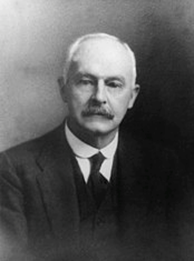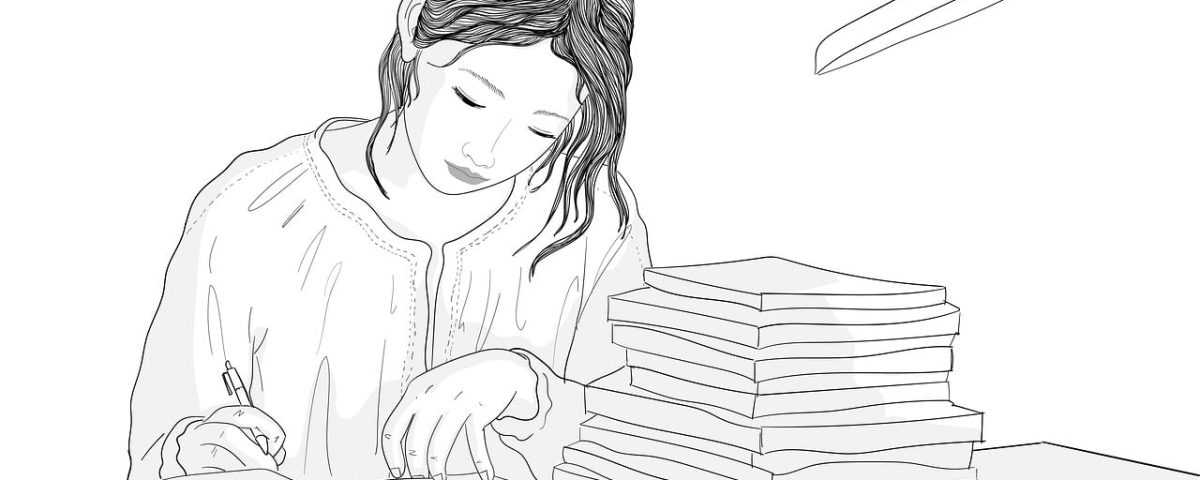This is the story of a fascinating man, born just over 200 years ago as the son of a north-east stonecutter, who went on to become an advocate for the Free Church before getting involved in publishing in Edinburgh and then being appointed to the Chair of English Literature at University College London. He was also, and in opposition to many of the mores of his day, a staunch advocate for women’s emancipation and the rights of women to study at university.
His name was David Masson and he was educated at Aberdeen Grammar School and then Marischal College before going to Edinburgh to study theology. While in Edinburgh, he met, and became lifelong friends with, Thomas Chalmers, a minister who was the driving force behind the schism that split the Church of Scotland and led to the formation of the Free Church of Scotland.
Masson gave up on the idea of becoming an ordained minister and returned to his native city, where he edited a publication called The Banner, which promoted Free Church values. However, two years later he went back to Edinburgh to work in publishing and from there his career moved to London. This was in 1847, and while in London he immersed himself in literary circles, becoming friends with many of the leading figures of the day, from Thomas de Quincey (author of “Confessions of an English Opium Eater,” to the Scottish historian and philosopher Thomas Carlyle.
Appointed professor of English Literature at Cambridge in 1852, he subsequently returned to Edinburgh to the Chair of Rhetoric and English Literature in 1865. It was while at Edinburgh that he began actively to promote the cause of women in education, particularly the Edinburgh Ladies Educational Association, which began campaigning in 18967 and later became the Edinburgh Association for University Education of Women. His wife, Emily Rosaline Orme, strongly encouraged his support for the women’s suffrage movement, leading to him speaking at suffragette meetings in Edinburgh and London.
St Andrews University had offered women a diploma qualification in 1870 and the first female undergraduates at St Andrews, Aberdeen and Edinburgh universities were admitted in 1892. By 1914 a thousand women had degrees from Edinburgh University.
In the 19th century, it required real determination to stand up for women’s rights. To some of our modern ways of thinking, it may seem strange that a man, and a man who was an advocate of Free Church principles, would have been such a major player in the battle for female emancipation, but all women studying (and working) at RGU and other universities today owe a debt to David Masson and his associates in helping turn opinion so that today we take it as read that tertiary education should be open to everyone.
Julie Skinner, Resourcing and Benefits Specialist, RGU

